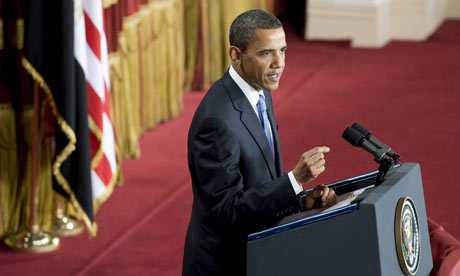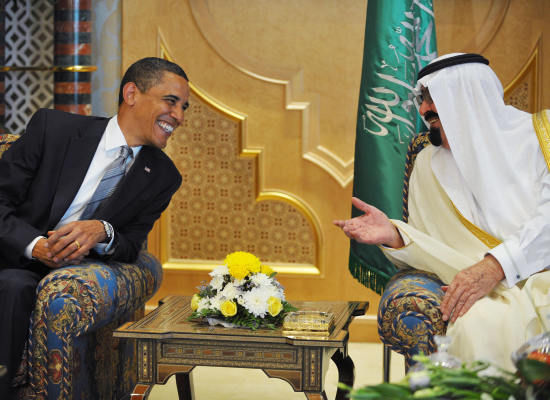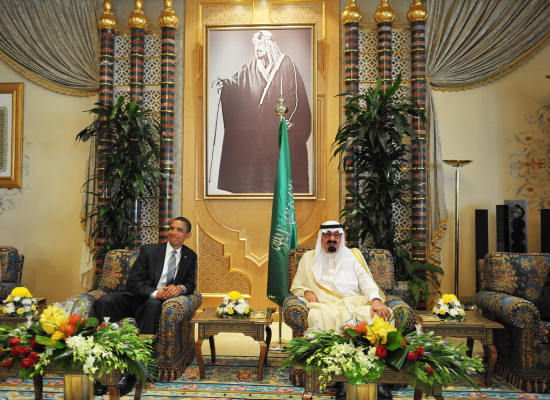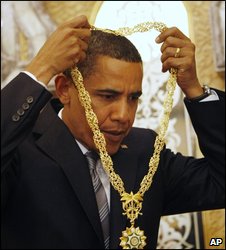Invisible
Robot
- Feb 11, 2006
- 9,075
- 7,878
We need to note these:....he he, kama ni ya dhahabu, basi jamaa wanachimba dhahabu nyingi sana nchini mwao!
....lasivyo wangebidi wamvalishe ki- barrel cha mafuta shingoni kama pendant.
- Obama: U.S. does not want to keep troops in Afghanistan
- Only resolution for Israelis and Palestinians can be met through two states
- Obama hopes for "new chapter of engagement" with Muslim world
- New bin Laden recording criticizes Obama administration's policies
- "No system of government can or should be imposed upon one nation by any other" Barack Obama



